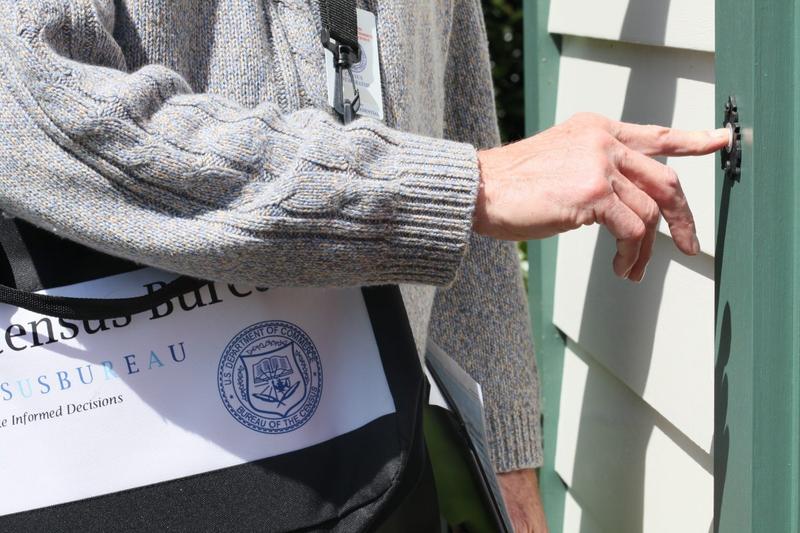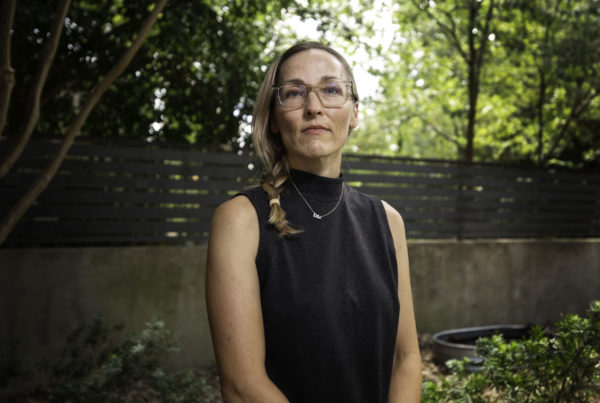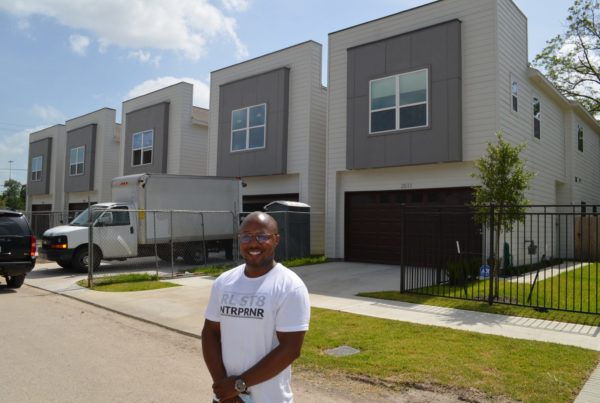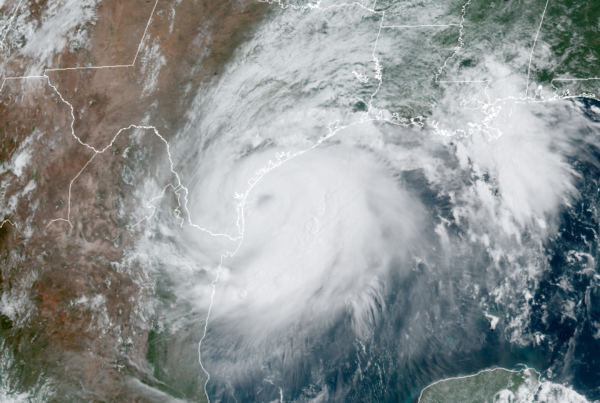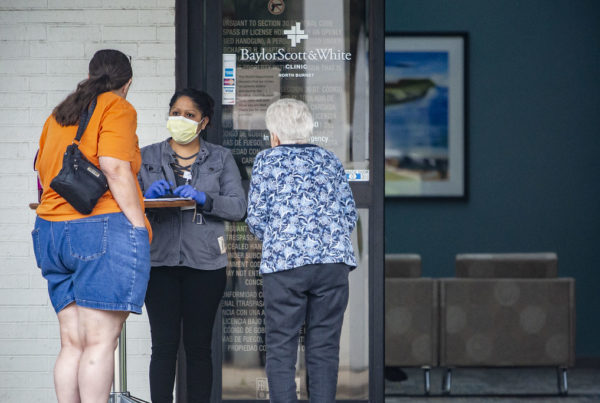The U.S. Census Bureau announced this week that it plans to conclude its count on Sept. 30 – a month earlier than originally planned. The bureau is required by law to report the final results to the president and Congress by year’s end.
Critics say it’s an attempt to undercount people of color, immigrants and other people often undercounted in the census.
In Texas, an undercount could affect everyone. The census determines how much federal funding a community receives, as well as the number of Texas’ congressional seats.
Lila Valencia is senior demographer at the Texas Demographic Center. She told Texas Standard that the bureau now has less time to work amid the unprecedented challenges of the pandemic.
“What’s really being cut short is the actual data collection, the actual counting of people,” Valencia said. “People were supposed to be able to respond and census bureau enumerators were going to go door to door to get that count.”
Five million people are considered to be living in hard-to-count areas in Texas. These areas often have larger proportions of residents of color. Hard-to-count areas also include parts of rural Texas that are often disconnected from the rest of the state.
“The hardest-to-count populations – the rural areas of the state and down in the Rio Grande Valley – [census workers] haven’t gotten there yet. And so basically, now, they have less time to count the hardest-to-count populations in the state,” Valencia said.
Undercounting these communities could mean Texas loses out on billions of dollars worth of services and programs for the next decade, Valencia said.
She said Texas is expected to gain three congressional seats after this census because of its growing population. But an undercount could affect that.
“We used to be working under the assumption, the projection, of Texas gaining three congressional seats. A severe undercount for the state would really put that at risk as well,” Valencia said.
Census workers have been scrambling to get as accurate a count as possible during the pandemic. That has been hard, especially for those working in the field, trying to count people in person who haven’t sent in their census surveys.
“When we started to see the challenges that were being presented to us by the pandemic, people were getting creative,” Valencia said. “All of the ground efforts were really pivoting and doing everything they could to try to get that count out, so that work was already underway.”
But there’s still work to do. About 58% of Texans fill out the census survey, making Texas 39th in the country for its census response rate.
Web story by Sarah Gabrielli.


